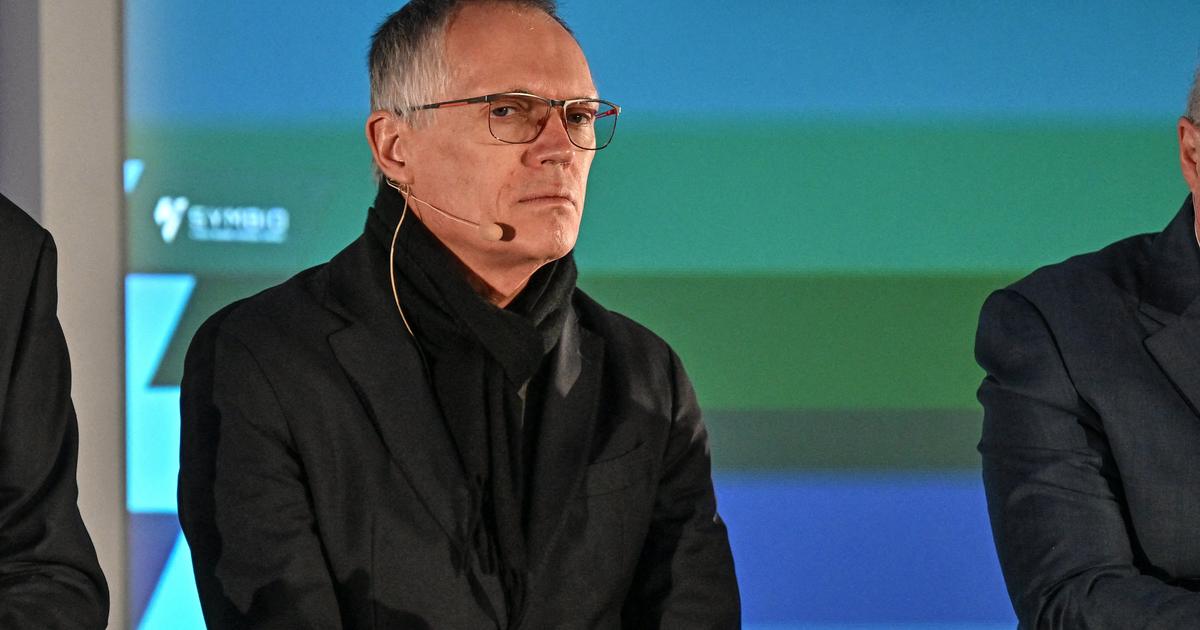Icon: enlarge
Steel workers
Photo: Jonas Güttler / dpa
The steel company Thyssenkrupp and the electricity supplier Steag are examining the joint construction of a plant to generate hydrogen using green electricity.
The hydrogen will be used in Thyssenkrupp's blast furnaces in Duisburg and will gradually replace coal as fuel.
First a feasibility study is planned.
No information was given on the expected costs.
The water electrolysis system could be built on the Steag power plant site in Duisburg-Walsum.
The power plant site is to be connected to the steelworks about two kilometers away by two pipelines.
An annual capacity of up to 75,000 tons of hydrogen is planned, it said.
Thyssenkrupp estimates its requirements by converting a blast furnace to initially around 20,000 tons per year.
By 2050, when steel production is to be completely converted to hydrogen, the annual requirement will rise to around 720,000 tons.
In order to finance the project, Thyssenkrupp and Steag want to attract investors and apply for public funds.
Thyssenkrupp anticipates total costs of around ten billion euros.
In the long run, however, doing nothing would be even more expensive for the company.
The EU Commission is planning to reduce the so-called CO2 certificates with which corporations in the EU have to offset their carbon dioxide emissions.
The number of these certificates is already decreasing year after year;
According to the EU climate plan, the pace of the decline could be accelerated.
In addition, one-off certificates could be withdrawn from the market.
The shortage is likely to cause prices for CO2 certificates to rise, which in turn could increase electricity prices because operators of coal-fired power plants may pay more for their carbon dioxide emissions.
This could ultimately increase the production costs of companies, especially those with high electricity consumption - such as Thyssenkrupp.
Second, many industrial production processes also emit large amounts of CO2.
The industrial groups must also buy certificates for this.
Companies that are in international competition get some of the papers for free.
But even now, for example, steel and chemical companies have to buy additional certificates themselves.
The new EU climate plan should make this more expensive.
However, companies can hope for a lot of government support in this transformation.
Because it is neither in the interest of the Federal Government nor in the interest of the EU that a large number of industrial groups will soon be fleeing to other European countries.
The federal government has already announced that it will support the steel industry in converting to climate-neutral production.
Icon: The mirror
ssu / dpa







/cloudfront-eu-central-1.images.arcpublishing.com/prisa/DIAGMBIFCBFTJADD5SB7GXXY2A.jpg)




